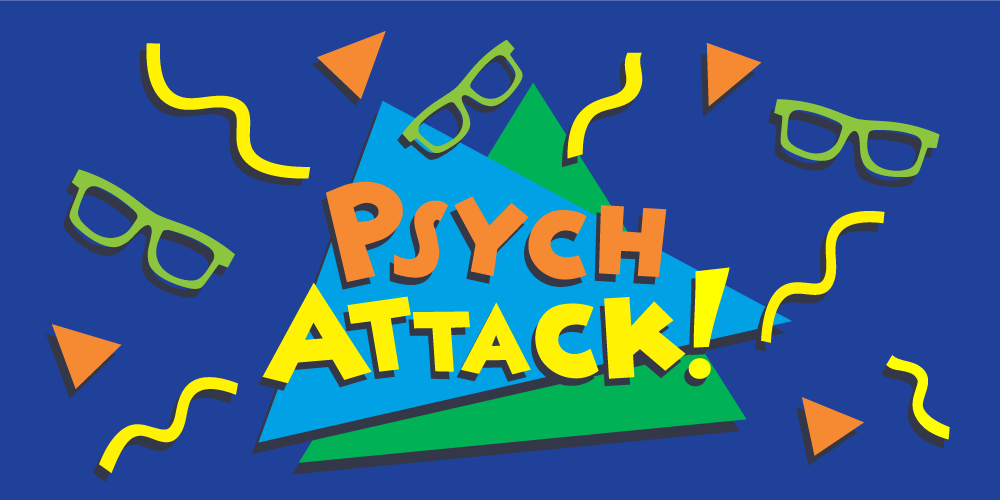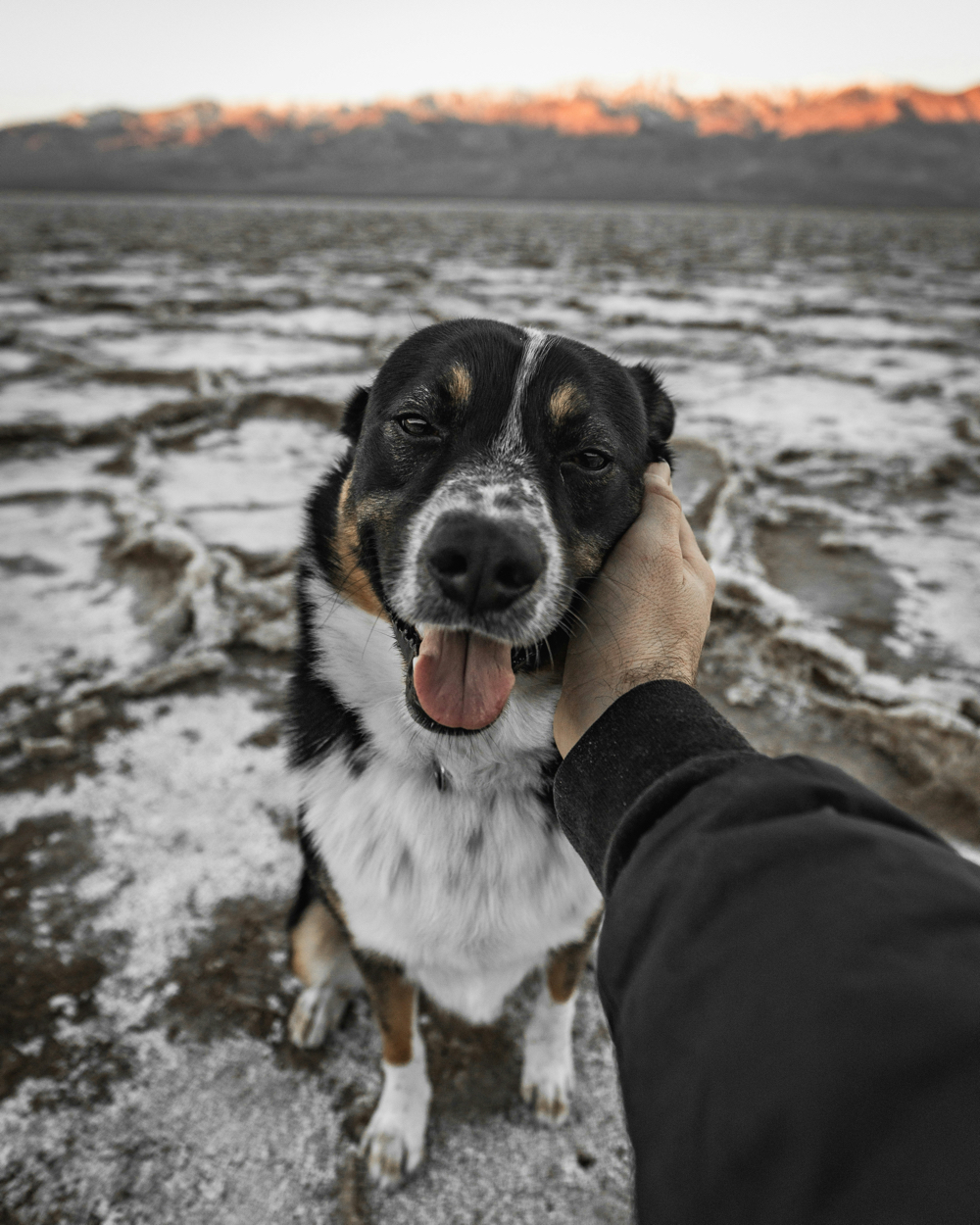
Factors that affect human-dog relationships
Psych Attack creator and host Dr. Jasmine B. MacDonald recently caught up with Dr. Miiamaaria Kujala for a fascinating conversation about Dr. Miiamaaria’s research on human-dog interactions and relationships.
I have been fascinated by the topic of human-animal relationships and interactions for as long as I can remember. I’m pretty sure my first friend as a toddler was my family’s border collie named Razzie. So, I was thrilled to be invited for a sneak peak of this episode and to share some key highlights from the conversation.
In this episode Dr. Miiamaaria shares her expertise on dog-owner relationships, focusing on cultural differences in dog ownership and how human personality can influence the emotional connections we have with our dogs and perceived costs of dog ownership. In this post, I provide a short taster of:
- what is meant by human-dog interactions and relationships
- how cultural differences can impact human-dog relationships
- how human personality traits can influence the bond we share with our dogs.
I’ll finish up with a few of my favourite takeaways from the episode.
If you want to hear the whole conversation, you can listen on the Psych Attack website or your favourite podcast platform.
Dr. Miiamaaria is Academy Research Fellow in the Department of Psychology at University of Jyväskylä, Finland.

What do we mean by human-dog interactions and relationships?
Studying human-dog relationships involves exploring how humans perceive and understand dogs, how dogs perceive and understand humans, and how these perceptions and understandings affect interactions between the two.
There are multiple factors that can influence how people and their dogs interact, including evolutionary traits, environmental and cultural factors, and personality. This can impact the types and closeness of bonds formed between people and their dogs.
Humans and dogs have similarities (e.g., motivated by emotions) and differences in the way we perceive the world and communicate. It can be easy for us to view a dog’s behaviour through a human-centred lens. But it’s important to recognise how dogs perceive and experience our human-centred world differently to us, to begin to understand the benefits and challenges of dog-human relationships for dogs as well as for people.
Cultural influences of human-dog relationships and dog ownership: A Finnish experience
The cultural context (e.g., what country the dog and owner live in) can influence how people choose their dogs (or vice versa) and what things people and their pets do together. Cultural norms about dog ownership can influence dog-owner bonds and interactions.
For example, Dr. Miiamaaria talks about her home country Finland, where most dogs are purebred and come from breeders who screen prospective owners for suitability to the breed. There are few rescue dogs and dogs cannot be purchased from pet stores. Kennel clubs and agility/obedience training are popular activities.
Other countries may look very different. For example, in Australia we have a lot of rescue shelters and mixed breeds, particularly in the cities. Another example I can think of, from my personal experience, is Sri Lanka, where some areas have a lot of ‘village dogs’. These are mixed-breed dogs that are loosely communally ‘owned’ or cared for, but live on the streets, the beach, or at markets rather than in a home with a family.
All these dynamics and cultural norms can impact the types of things dogs and people do together, the ‘status’ associated with owning certain types of dogs, the strengths of emotional bonds formed between people and their dogs, and the perceived costs of caring for a dog.
How this plays out, and the similarities and differences between cultures and countries, is an emerging (and in my opinion VERY exciting) area of research.
Human personalities affect human-dog relationships
In the podcast, Miiamaaria dives into factors that characterise dog-owner relationships, including emotional closeness and the perceived costs of having a dog (e.g., restrictions on your life due to responsibilities of caring for a dog). These can be measured using the Monash Dog-Owner Relationship Scale (MDORS). Miiamaaria discusses this method and how behavioural experiments, such as the Impossible Task, can be used to learn about emotional connectedness between people and their dogs.
Research evidence shows a relationship between human personality types, emotional bonds and perceived costs. For example, people who score high on the personality trait neuroticism tend to have strong emotional connections with their dogs but also perceive the costs of dog ownership to be high. People who are more extroverted had lower perceived costs of dog ownership but often lower emotional closeness too.
My personal favourite from the research findings (being a researcher and a dog-lover myself) is that people with a tendency to pick up on intricate cues (e.g., researchers!) may be more likely to form strong bonds with pets, possibly because they are used to looking out for subtle cues in behaviour.
Dive into the episode to hear more of Miiamaaria’s insights as to why certain personality traits may relate to human-dog bonds.
Key highlights and takeaways
This episode gave me a lot of pause (or should that be ‘paws’? – sorry!) for thought, and I enjoyed learning about how my actions, personality, culture and assumptions influence the relationships I’ve had with the four-legged friends who have enriched my life, and how we can better understand human-dog relationships in general.
For those wanting to learn more, there are links in the episode show notes to the research covered in the episode.
Finally, here are 2 key takeaways that struck me while listening to this episode:
- We should try to put ourselves in our dogs (figurative) shoes and interpret behaviours carefully. For example, the next time you see a ‘cute’ animal video on social media, pause and think from the animal’s perspective – is it cute and funny, or might the animal be feeling uncomfortable or stressed?
- Dogs are family members, and – just as the relationships with other people in your family have highs and lows – the relationship with your dog will have numerous benefits and challenges too. Considering things such as your personality type, your lifestyle, the breed of dog, what you know about your dog’s background, and how you might work through challenging behaviours together (e.g., separation anxiety, chewing) can help set you and your pup up for success together.

Kylie Butler
Kylie is a researcher with experience in animal behaviour, conservation and social sciences. Kylie spent 10 years living alongside elephants in Thailand, Sri Lanka and Kenya, researching human-elephant interactions and relationships. Kylie has previously worked with greyhound rescue charities and is the Australian Director for Sri Lanka’s Dogstar Foundation. Kylie’s current work focuses on child and family wellbeing. In her spare time Kylie can be found reading, hiking or gazing adoringly at her senior rescue greyhound Kelly.
